Colder weather is approaching, and the average American’s options for outdoor activities are
beginning to dwindle. While winter recreation can be a blast, there’s truly no better time to
hunker down and enjoy the comfort of your own home. What better way to do that than building
your own home theater? From cables and sound to projectors and comfy seats, we’re delivering
the best tips on creating your perfect home theater from the professionals who know best.
Whether you’re in Bedford or Portland, read on and learn how to create the best home theater
experience on the block.
Invest in the right equipment
When selecting a projector for your home theater, placement is an important factor. Consider an
ultra-short-throw projector, which can sit right in front of the screen. This provides an authentic
theater experience, preventing the disruption of having someone walk in front of the projector
during a viewing. – VAVA
In my home theater of choice, it all starts with a proper projector. For the same price (and often
even less) one would drop on a large and cumbersome mounted flatscreen TV, one can purchase
a 4K-compatible DLP LCD projector that can cast extremely vivid screen images double the size
of a television unit without losing resolution quality. Paint that white accent wall and fill the
whole room with a great movie’s beamed glow! – Every Movie Has a Lesson
Take the time to set up your audio the way you want
Instead of using room correction, try setting things up yourself. It’s not that hard. Start off by
setting your front three speakers to large in the settings of your receiver and hear how much
more natural everything becomes. For richer bass, search for subwoofers that offer high-level
Inputs, they tend to sound more natural too, especially when you’ve set your speakers to large.
You may be looking at a subwoofer just to get bass in your theater, we would take it a step
beyond that. We would say that if you don’t have a subwoofer in a theater, you’re not listening to
theater. It’s simply incapable of actually disclosing what theater is about. – REL Acoustics
If your system is all boom and sizzle, dialog gets lost and the big moments send you scrambling
to turn the volume down. Use calibration features in your audio system to ensure a balanced
sound that doesn’t distract you from the movie. – Audio Command
Cable management is key
Cable Management is the forgotten aspect of having the ultimate home theater. Loose cables can
not only be a safety hazard for homes but are also an eyesore. We all know that home-theater
systems can be very costly so you want your setup to be the safest and modern looking by using
different cable management products that suit your needs. Remember, cable management is vital
to creating a visually appealing and clutter-free home entertainment area. – Cable Wholesale
Watch your step!
Home theater owners love StepGuard™ by Light Tape® because it is a clean light solution –
more energy-efficient than LED systems, and won’t cast an obnoxious glare on your screen that
distorts your movie or big-game experience. Not to mention that StepGuard™ is a breeze to
install, and built with pride in the USA utilizing the best materials that are manufactured to last. –
Light Tape
Take acoustics into consideration
Home Theater is an excellent opportunity for family time. Consider following the guidance of
many theater chains and utilize an acoustically transparent screen with the front speakers
mounted behind for an aesthetically pleasing appearance and superior audio placement. Plan
your room before purchasing anything and consult with an expert that will design, sell and
install a solution for you. There are many pitfalls of going it alone, but if you do, research is
your best tool. For instance, using flat darker paint as opposed to any of the available sheen
finishes is ideal as it is less likely to reflect light from the projector and screen which causes
image degradation. – Bennett Technologies
Incorporate sound dampening materials
Home theaters are more popular today than ever before and acoustical treatments help to create
the ideal sound clarity and aesthetic while also reducing room reverberation. Sound systems are
designed to create an atmospheric surround sound, making you feel as if you were inside the
scene on the big screen. Acoustic Geometry offers Room Packs that enhance the performance of
sound systems. Product placement is key for proper absorption and diffusion; corner panel
placement, specific reflection point diffusion, and low-frequency pressure absorption are ideal
for better sounding theaters and assist with lessening sound leaving the room. – Acoustic
Geometry
United Plastics’ dB line of sound barrier products helps create quiet, calming and comfortable
movie theater space. Created with both commercial and residential noise reduction in mind, dB’s
tough, sound absorption materials are better at sound control than equivalent mass loaded vinyl
products and ware ideal for creating the ultimate home movie theater experience. – Trimaco
Do your research
Clients might initially ask for a home theater because they want excellent sound and video
quality. Invariably, their vision broadens into a desire for a highly personalized space and
experience. Integrators are rarely qualified to provide this, and once the process is started it’s
often too late. We recommend homeowners shop around and select an integrator with a team of
outside experts in design and acoustics among other things. – Launch AV
Call a pro
Home Theater systems are constantly evolving and there are always new solutions. The pros
know and chances are we’ve already bench tested the “latest and greatest” and can help explain
pros and cons across different systems and budgets. You’re going to want a control system for
simple use of your system along with integrating lighting and even motorized shading. It won’t
be the theater of your dreams if you’re fumbling a bunch of remotes and the lights don’t dim (or if
there’s only one person in the house who can make it work!) – Buttonwood Inc
The Ideal Home Theater Checklist:
1. Ensure a proper speaker setup – with crossover configuration along with room
equalization and/or room correction
2. Find the right acoustical balance – Create a comfortable room or space with the right
balance of materials that absorb and reflect the sound
3. Think about how you’ll interface with the system – whether it be a remote, a touch panel,
or even your phone – as this will determine how easy it is to use
4. For a large, cinematic experience, go with projection – it offers the best value for large
sizes, has a different feel, and is more theatrical
5. Do some research – Every manufacturer has a range of products, some offer a better
performance value for the money – TVS Pro


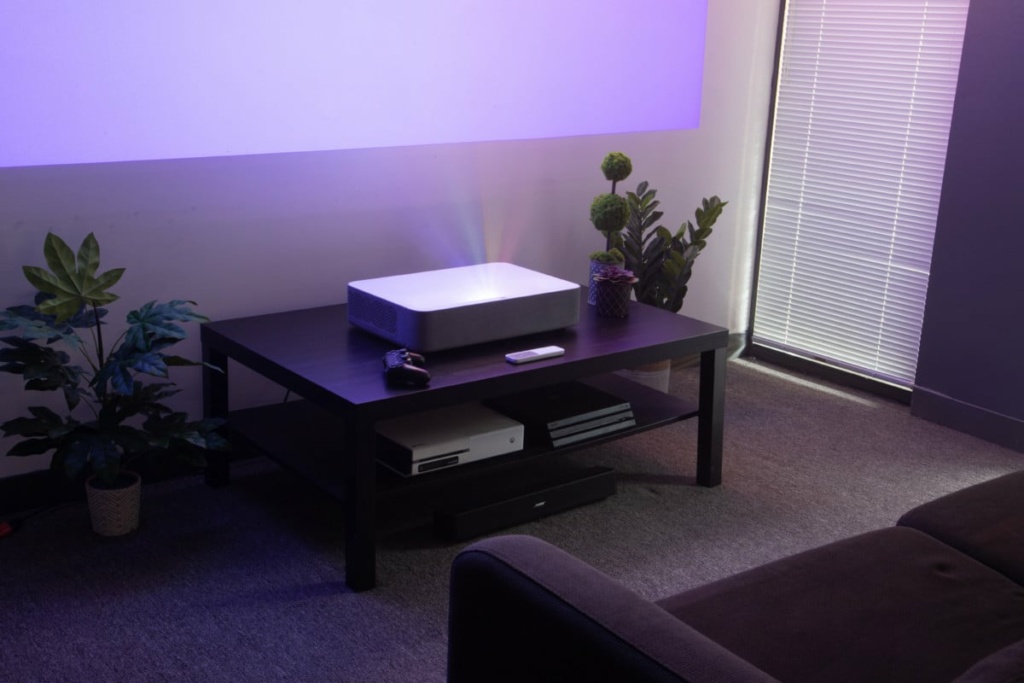
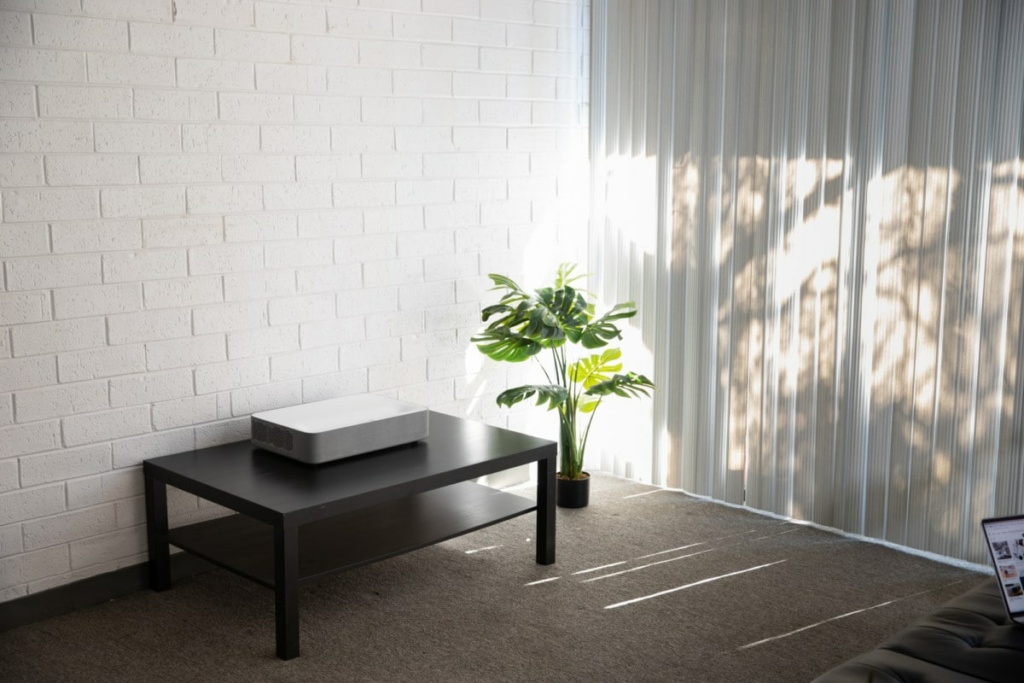
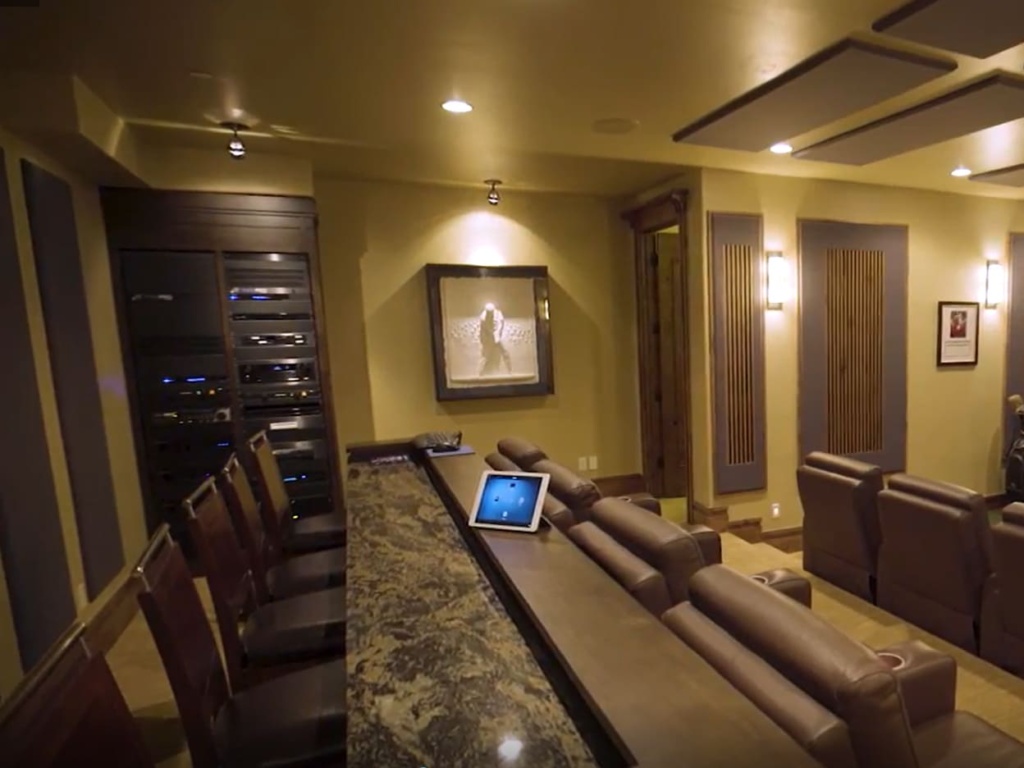
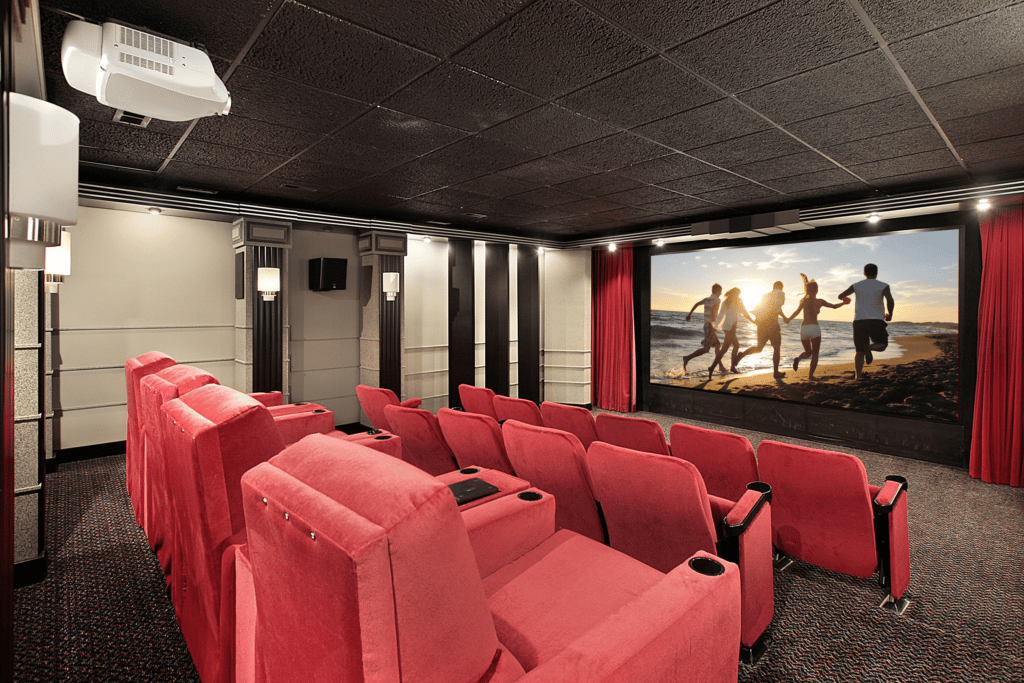

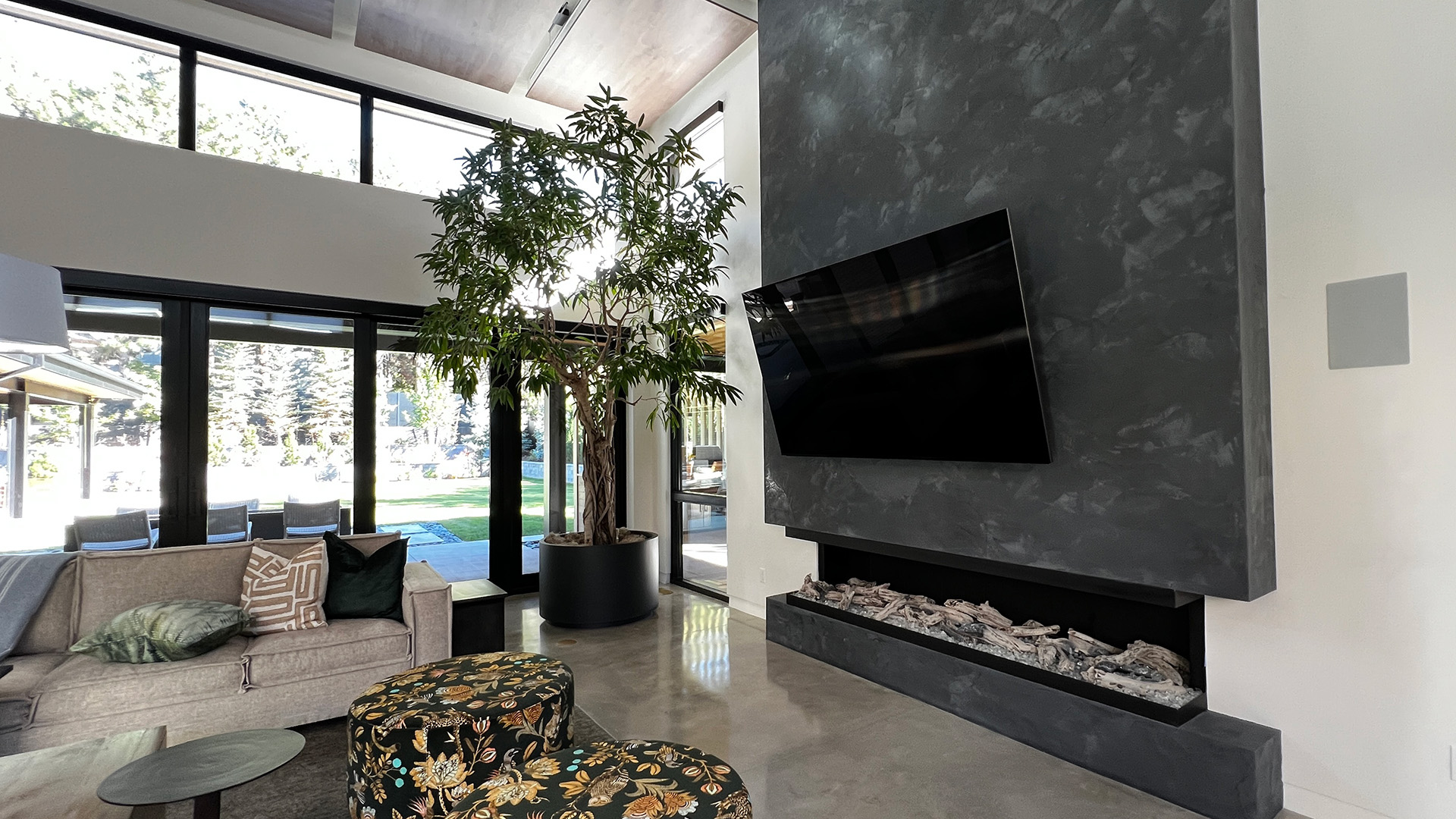
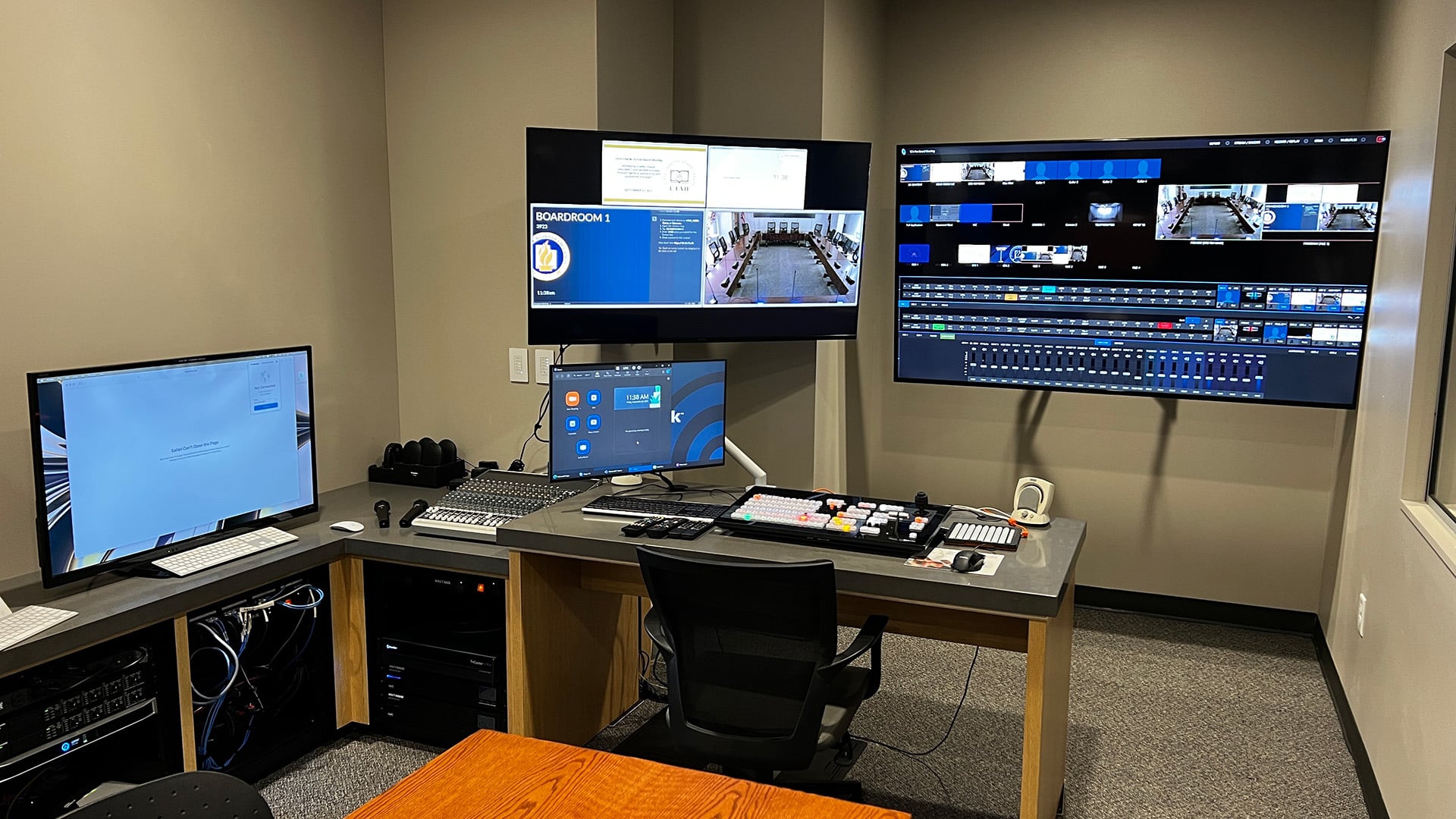
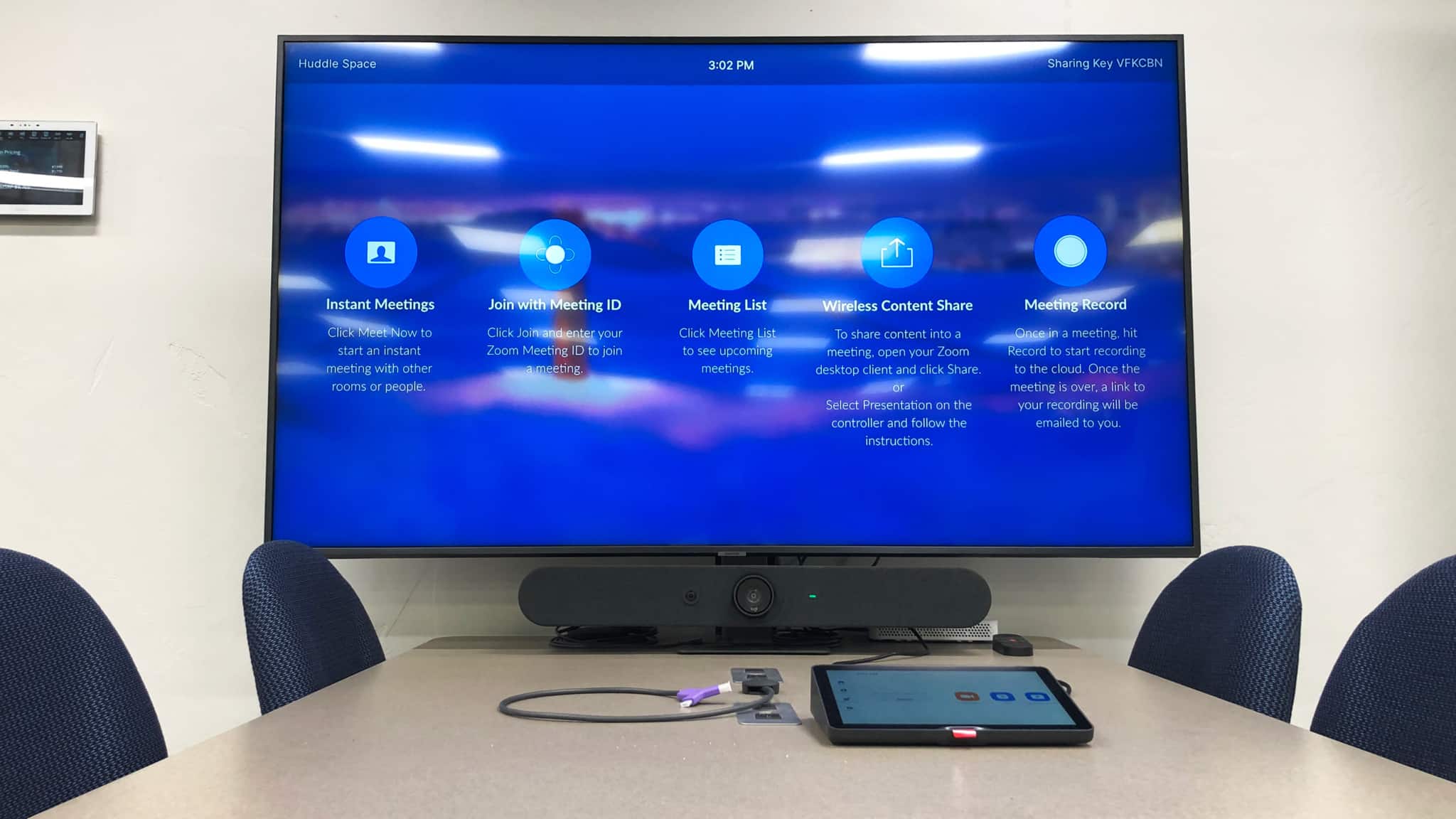
0 Comments